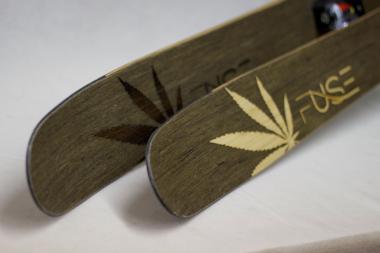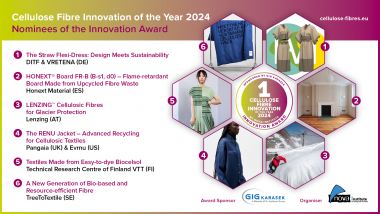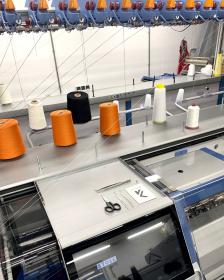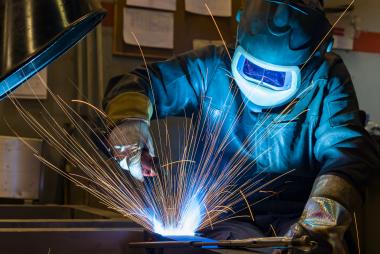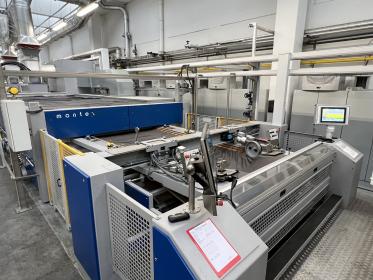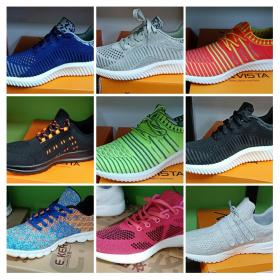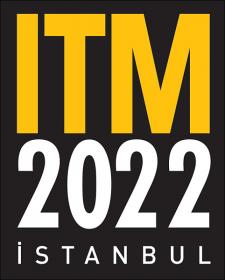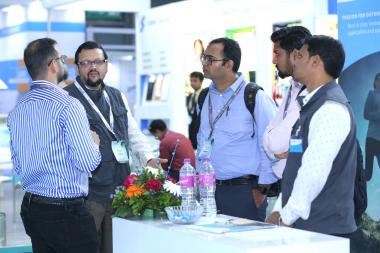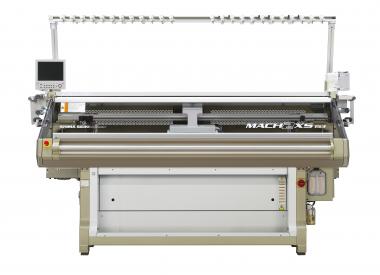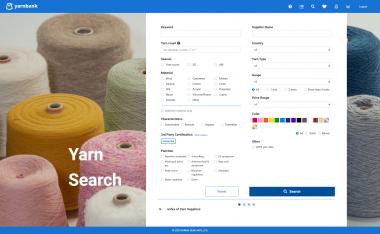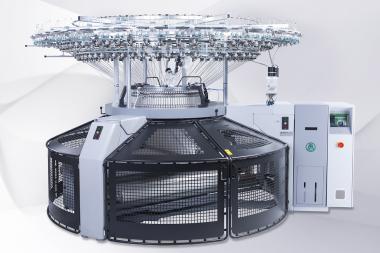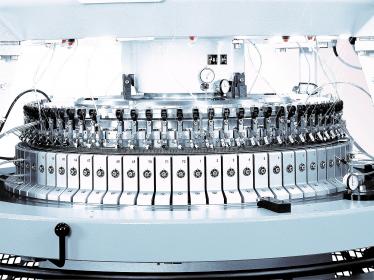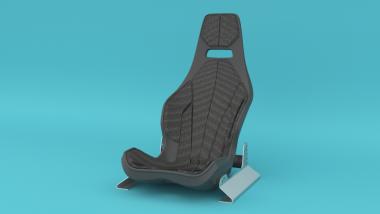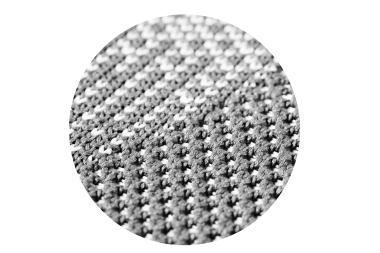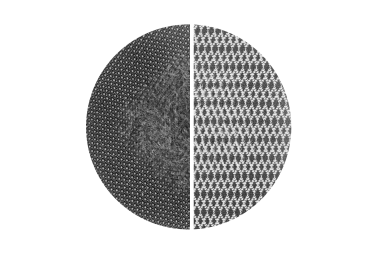KARL MAYER GROUP at SaigonTex 2024
At the upcoming SaigonTex, taking place from April 10th to 13th in Ho Chi Minh City, the KARL MAYER GROUP will present its innovations.
DThe KARL MAYER exhibition for warp preparation is entirely dedicated to sustainability. With BLUEDYE, an innovative machine is introduced, which ensures more sustainability and lower costs in the process of indigo dyeing. Thanks to innovative technological solutions, the amounts of water and chemicals used are significantly reduced. Additionally, less yarn waste is generated. Another innovation for more sustainability is CASCADE, a steam and condensation system that requires significantly less steam in the drying process of sizing and indigo dyeing plants by using a solution for energy recycling that is protected against imitation.
For the warp knitting sector, the group of companies presents its latest technological developments. Highlights include a digital solution from KM.ON for optimizing production management (DPM), innovations for enhancing performance in the HKS segment, and a double raschel machine that enables unique creative multi-color designs in spacer textiles with more colour and new Jacquard techniques.
"Vietnam is a growing market for textile production, which is gaining importance especially for major international sports brands," says Eddy Ho, Senior Sales Manager at KARL MAYER.
The sales professional expects a large number of visitors, especially from Vietnam, China, Taiwan, and South Korea. SaigonTex is one of the most important textile machinery exhibitions in East Asia, located in close proximity to production centres. Vietnam is, in turn, the second most important market for the KARL MAYER GROUP after China. It benefits from increasing foreign direct investments in textile production from China, Taiwan, and South Korea.
KARL MAYER GROUP






